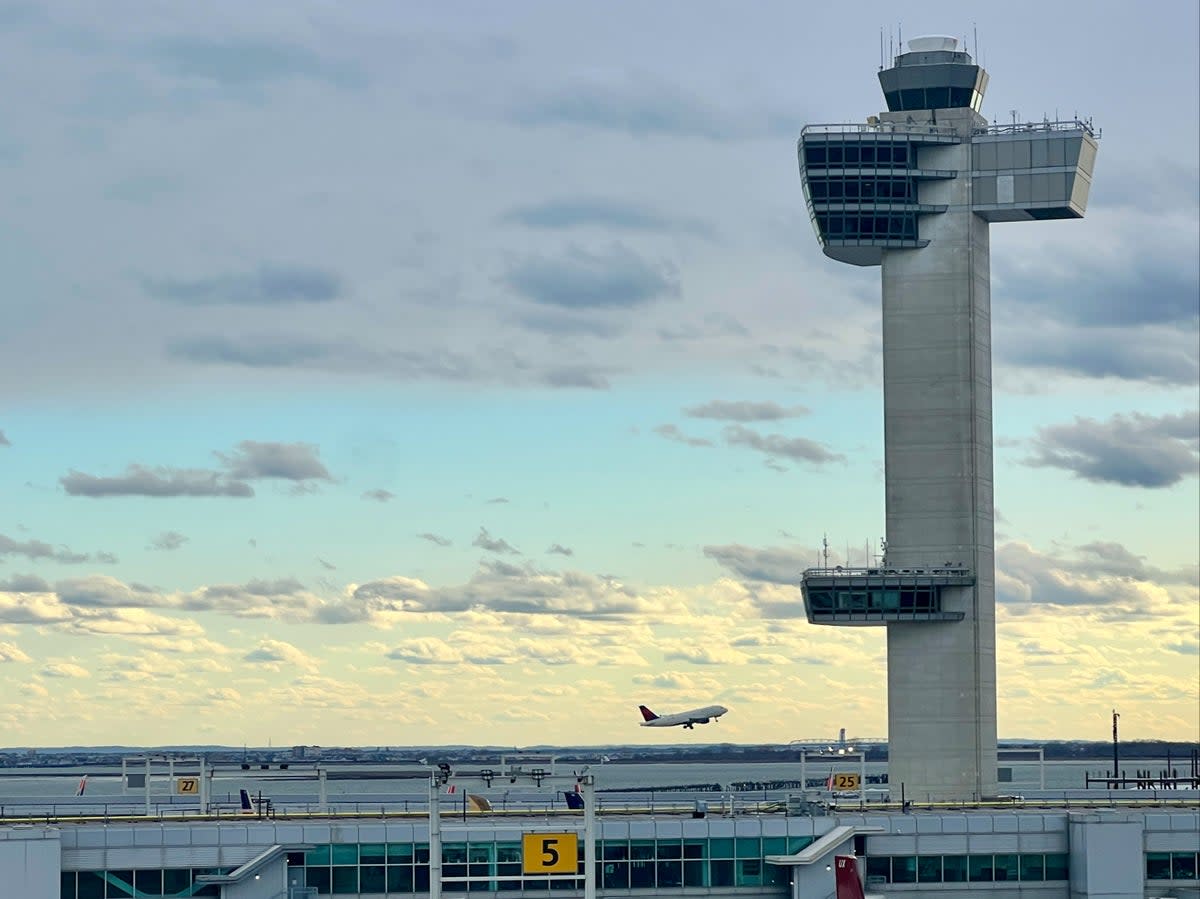Plans for planes to be flown with one pilot in cockpit labelled ‘gamble with safety’

European pilots have described plans for the flight deck of passenger planes to be occupied by only one pilot for long stretches as “a gamble with safety”.
The EU Aviation Safety Agency (Easa) is evaluating the safety of “extended Minimum Crew Operations” (eMCO).
The idea is that one pilot would leave the flight deck to rest for several hours during the cruise portion of the flight while the other remains at the controls.
Airbus, which is reseaching eMCO, says harnessing new technological tools would enable the flight crew “to better organise their presence in the cockpit during the cruise phase”.
The Toulouse-based aircraft manufacturer says: “Pilots can thus achieve a better balance between working and resting time on long-range flights.”
Easa has stressed it will not tolerate any reduction in safety compared with the current two-pilot convention.
But the Brussels-based European Cockpit Association has launched a website, OneMeansNone.eu, to oppose any such move.
The association, representing pilots’ unions across Europe, calls the plan “an inherently dangerous concept, driven solely by the commercial interests of manufacturers and airlines”.
Passengers are told: “Airlines and airplane manufacturers want to reduce the number of pilots flying a plane from two to one.
“However, relying on one pilot is not enough as flying with just one pilot is like flying on a pilotless flight.
“Automation on a plane requires humans to programme and manage it effectively. But, it often fails. This is why planes are equipped with multiple backups – like two engines, two generators, two hydraulic systems, two navigation receivers.
“This redundancy is key to maintaining today’s impressive safety record. If one system fails, another kicks in. The same applies for pilots: if one gets sick or needs to use the bathroom, another one must swiftly take over.”
Captain Pablo Alvarez of Cargolux Airlines, based in Luxembourg, said: “We’ve witnessed a significant reduction in crew size over the years, from five individuals including a navigator, radio operator and flight engineer, down to just the captain and first officer.
“However, this is a crucial line we shouldn’t cross. Personally, I wouldn’t feel comfortable flying as a passenger on a long-range aircraft where only one pilot is left alone for hours on end.”
Extended Minimum Crew Operations are considered most likely for longer-haul flight such as London to Los Angeles, with a “block time” from gate to gate of over 11 hours.
Some airlines deploy a third pilot for such flights, so that the other two can get some rest during the flight; eCMO would render this unnecessary.
The concept envisages both pilots being fully involved in the take-off and climb phase of the flight. But after a briefing, one pilot would retire to rest while the other remains at the controls.
Towards the end of the flight, both pilots would be on the flight deck throughout the descent and landing.
Easa talks of “anticipated benefits in term of pilot fatigue management”.
The European safety agency says aircraft manufacturers Airbus and Dassault applied to it between 2019 and 2022 for airworthiness approval of eMCO capability on large aeroplanes.
There is no expectation that any such permission will be granted for several years, with 2028 mooted as a possible start date for eMCO.
Easa insists: “The eMCO concept should have an equivalent level of safety as today’s concept with two pilots operating the aircraft.
“Easa will only approve such operations once the agency is convinced that they are at least as safe as today’s two-pilot operations.”
Investigations are also under way into the concept of Single Pilot Operation (SiPO), in which only one pilot is deployed throughout a flight. Such a scenario is highly unlikely for passenger aircraft unless and until eMCO is demonstrated to be safe.
The Department for Transport says it has no plans for contemplating a reduction in the number of pilots on board British-registered aircraft.

